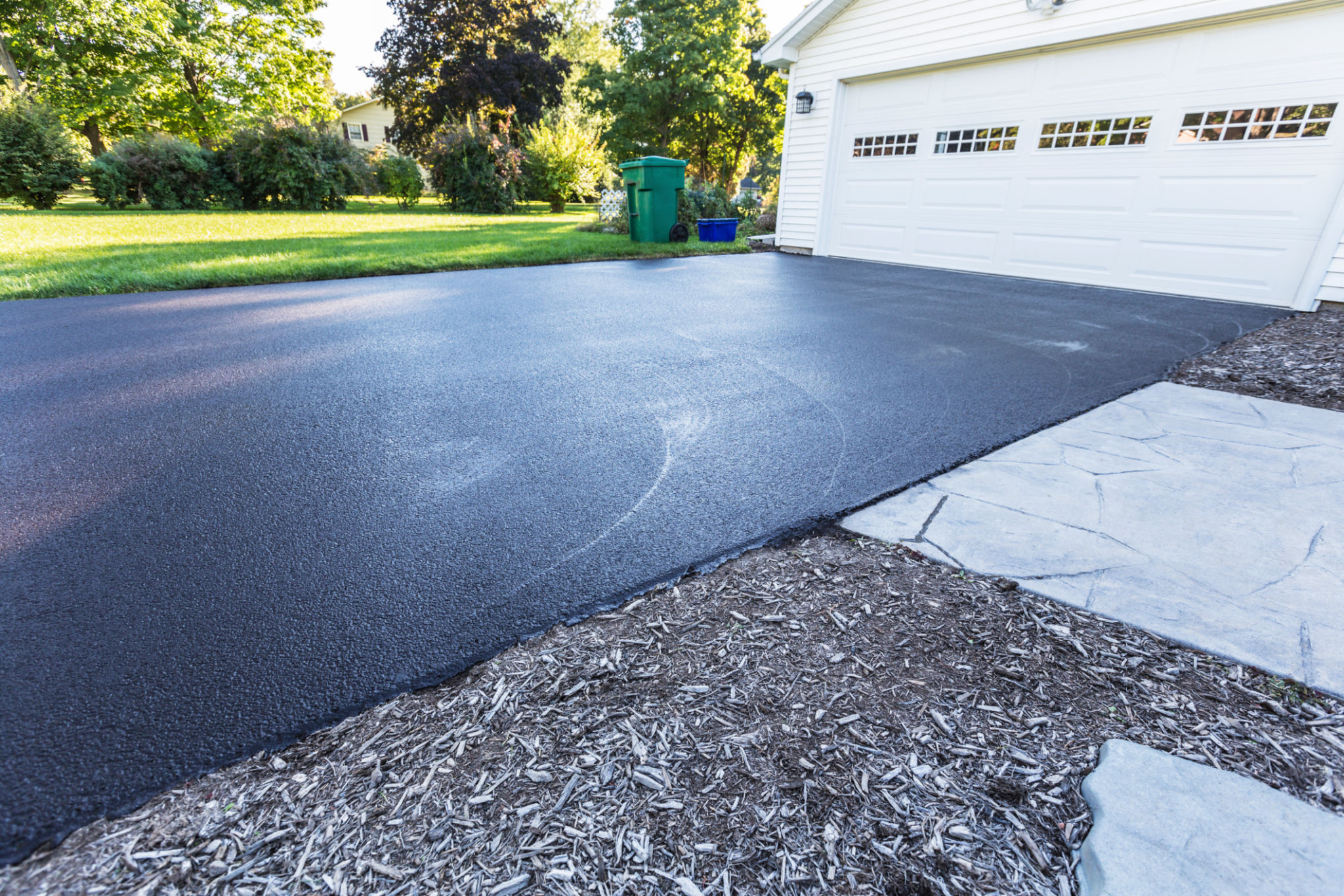DIY Driveway Repair: What You Can and Can't Do Yourself
CL
Understanding Driveway Damage
Driveways are subject to a variety of damage types, from cracks and potholes to stains and drainage issues. Understanding the nature of these damages is crucial before deciding on a DIY approach. While some problems can be fixed with basic tools and materials, others may require professional intervention.

Common DIY Repairs
For many homeowners, minor cracks in the driveway surface are among the most common issues. These can often be repaired with concrete or asphalt patching compounds available at local hardware stores. **Cleaning the area thoroughly** and following the manufacturer's instructions are key to ensuring a successful repair.
Potholes are another frequent problem that can be addressed with DIY methods. Start by removing any loose debris from the hole, then fill it with a suitable patching mix. Compact the material tightly to ensure a level surface.

Repairs Best Left to Professionals
While many driveway issues can be tackled solo, some repairs are more complex and require professional expertise. For instance, extensive cracking or settling often indicates underlying issues that need a thorough inspection. Similarly, drainage problems, which may lead to water pooling and further damage, typically require professional attention.
In cases where the driveway has suffered significant structural damage, resurfacing or replacement might be necessary. These tasks involve specialized equipment and knowledge, making them unsuitable for DIY efforts.

Tools and Materials You'll Need
For DIY repairs, having the right tools and materials is essential. Here's a basic list of what you might need:
- Crack filler or asphalt patching compound
- Putty knife or trowel
- Broom for cleaning debris
- Pressure washer for deep cleaning
- Tamper or roller for compacting materials
Ensuring you have everything on hand before starting your repair project will save time and ensure a smoother process.
Preventive Measures
Prevention is often the best cure when it comes to maintaining your driveway. Regular cleaning to remove debris and stains can help prevent damage from worsening. Additionally, sealing your driveway every few years can provide a protective layer against weather and wear.

By understanding what you can and can't do yourself, you'll be better prepared to maintain your driveway effectively. Remember that while DIY solutions can be cost-effective for minor issues, knowing when to call a professional is crucial for more severe problems.
Conclusion
Tackling driveway repairs on your own can be rewarding and cost-effective for minor issues. However, it's essential to recognize the limitations of DIY approaches and when professional help is necessary. By taking preventive measures and addressing small problems promptly, you can extend the lifespan of your driveway and maintain its appearance.